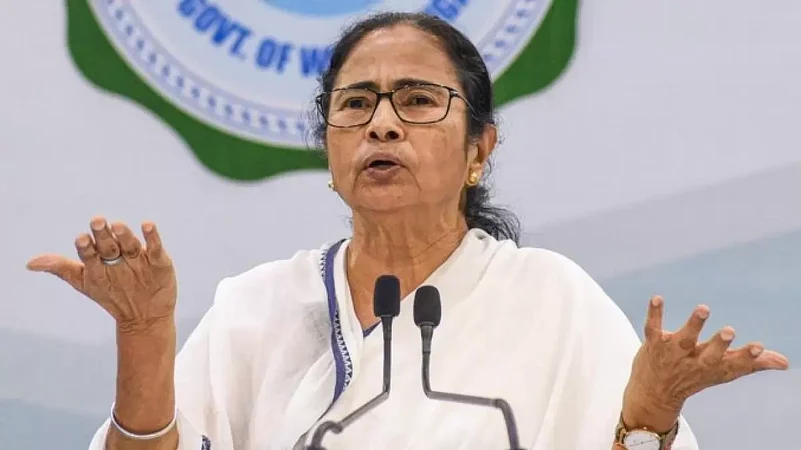West Bengal is set to join India's rare earth mining map with the Geological Survey of India (GSI) conducting advanced exploration in Purulia district, a senior official said on Friday.
Although the rare earth deposit in Purulia is relatively small, the development is significant as India looks to reduce dependence on imports of critical minerals essential for electric vehicles (EVs), electronics, and renewable energy technologies.
"G2-level exploration is underway in two blocks - one in Karbi Anglong district of Assam and the other in Purulia, West Bengal," GSI Director General Asit Saha said on the sidelines of the Assocham-organised 3rd edition of Minerals and Mining conclave.
He added that these blocks are expected to be ready for auction within a year.
The G2 stage represents an advanced level of exploration, providing a fairly high degree of confidence in the resource estimation. Upon completion, the findings will be submitted to the respective state mines departments and the Union Ministry of Mines for further action, Saha said.
While GSI has not identified specific rare earth elements in these locations yet, Saha said the deposits typically consist of a "basket of 14-17 rare earth minerals," making the extraction and processing technically challenging.
He noted that India has discovered promising vanadium deposits - another critical mineral - in the lower Himalayan belt.
"We have very good vanadium resources in the Himalayan region, which are essential for energy storage and alloy production," Saha said.
According to him, nearly 50 per cent of ongoing early-stage exploration projects in the country are focused on rare earth elements, reflecting their growing strategic importance.
However, operationalisation of mines faces challenges, including land acquisition issues, environmental clearances, and lack of private sector interest.
Separately, Union Heavy Industries Minister H D Kumaraswamy on Friday announced that the central government will soon launch a Rs 1,345 crore scheme to boost manufacture of rare earth magnets domestically.
These magnets are critical components in electric motors used in EVs, wind turbines, and defence applications.
India is also actively pursuing lithium exploration, with 20 projects spread across four to five states, officials said.
































